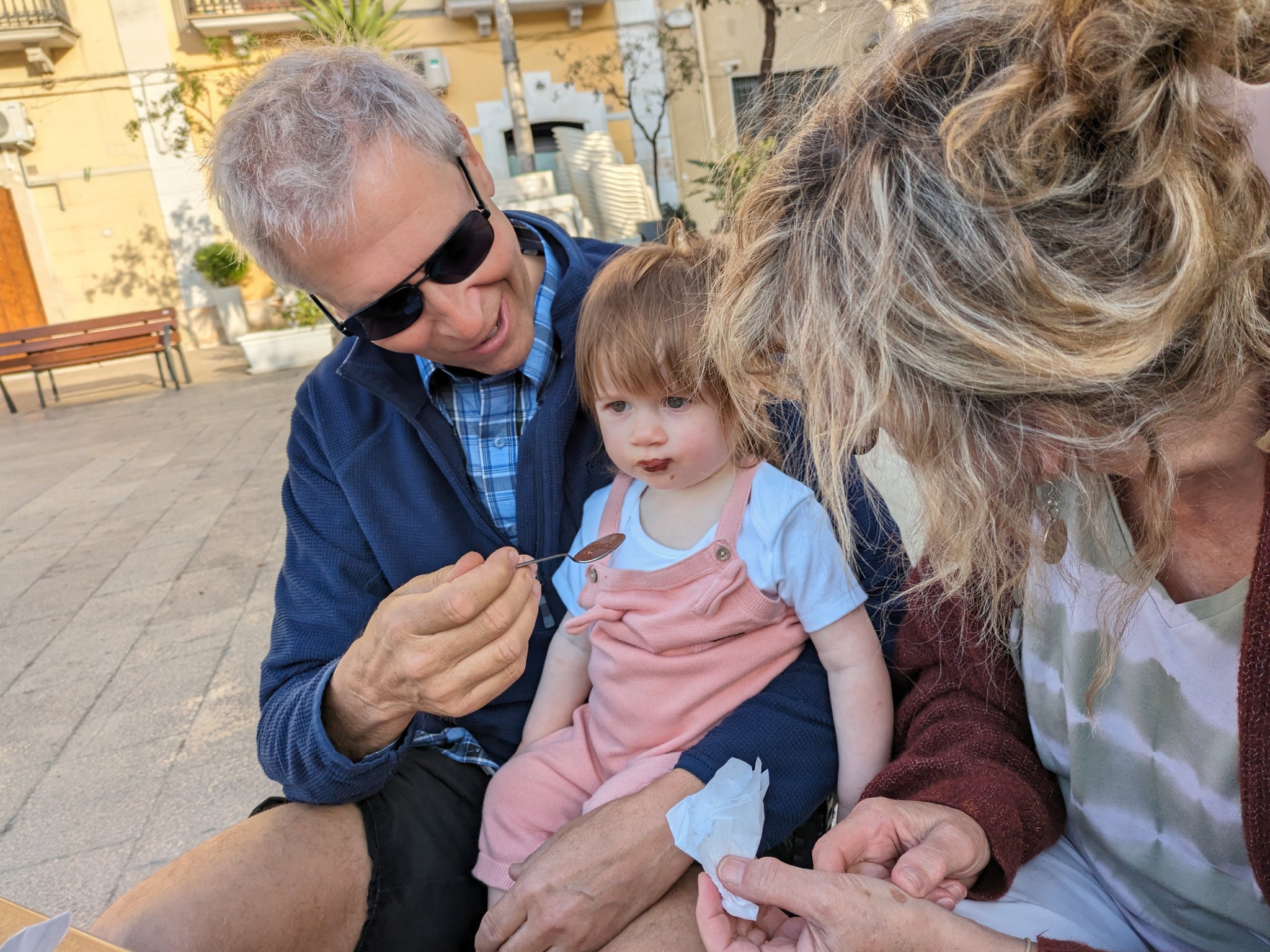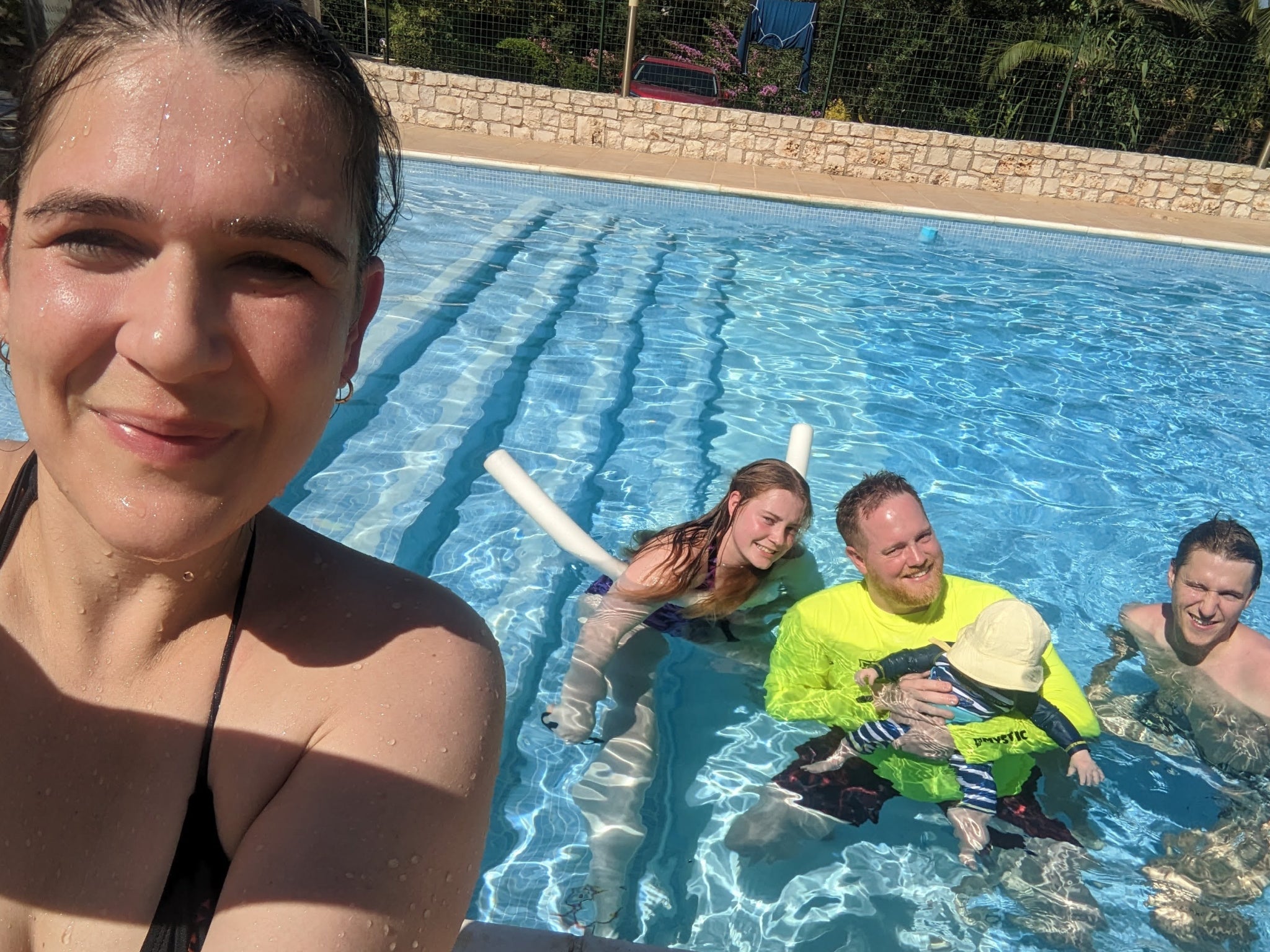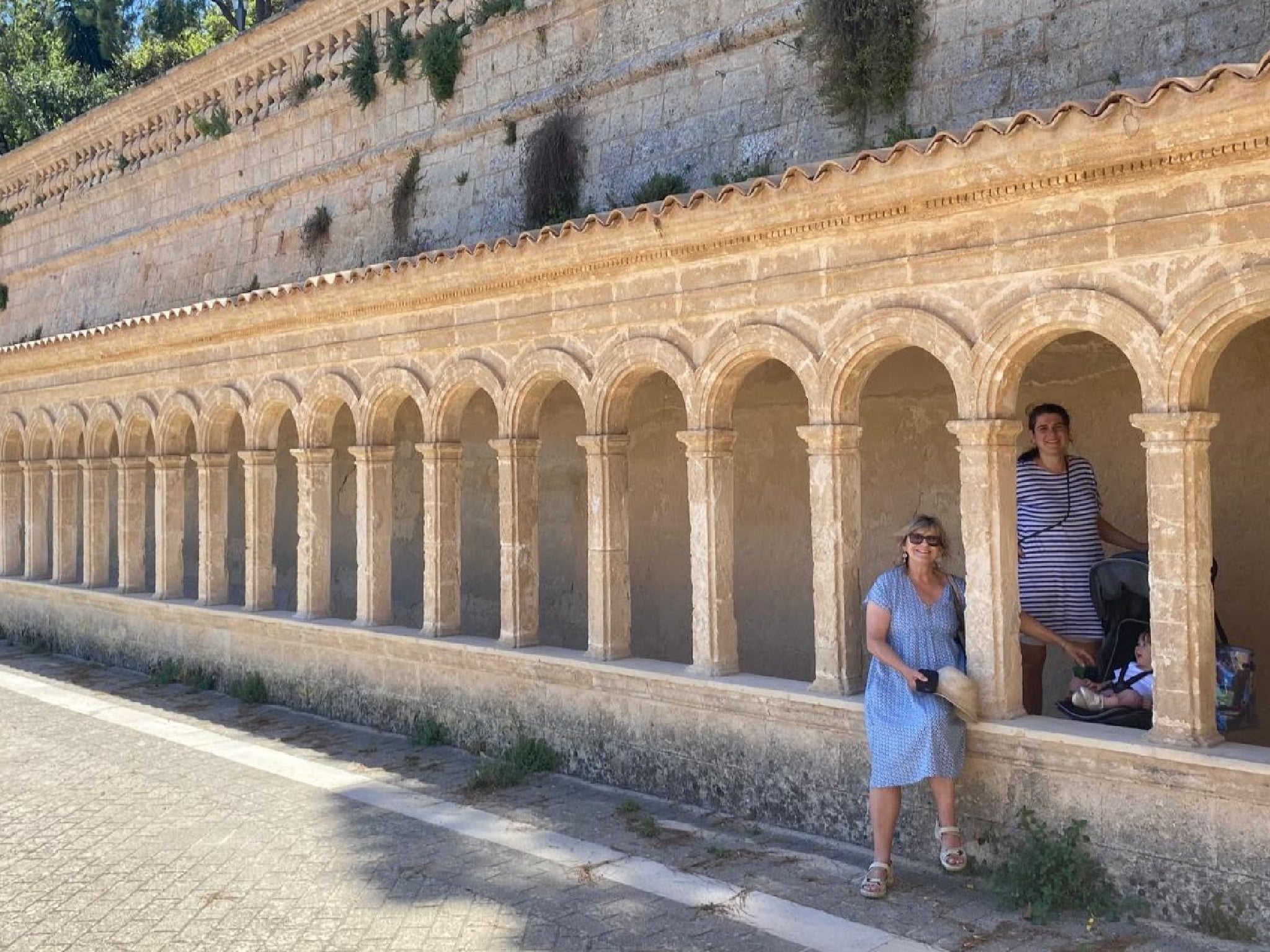This website uses cookies so that we can provide you with the best user experience possible. Cookie information is stored in your browser and performs functions such as recognising you when you return to our website and helping our team to understand which sections of the website you find most interesting and useful.
Support truly
independent journalism
Our mission is to deliver unbiased, fact-based reporting that holds power to account and exposes the truth.
Whether $5 or $50, every contribution counts.
Support us to deliver journalism without an agenda.

Louise Thomas
Editor
No one loves babies as much as Italians; that’s the stereotype, right? I imagine there would be a few choice words if a stranger pinched the cheeks of my one-year-old daughter on the streets of England, yet in Puglia, where enthusiastic passersby tickled her toes and ruffled her hair, it was completely charming. Kids ran up to her, smiles broke the faces of stoic waiters, and each nonna waved as we strolled past their favourite bench in the evening. Wonderful.
Puglia is not on the traditional Italy family holiday map in the same way places like Sardinia or Tuscany are, but it should be. Here, the young’uns are involved in everything, from large family gatherings at the beach on Sundays to running around the piazza during a festival at 1am. I learned quickly that taxis aren’t really a thing, simply because there is always family around somewhere to give someone a lift.
And the heel of the boot has all the ingredients for a brood-happy holiday: sun, sea, sand, culture, history, food, adventure. My family and I have been spending our summers there since 2004; my brother was seven and my sister nine when we first went (I was 14). During our post-dinner promenade, our days were spent snorkelling in the Caribbean-warm sea, stomping around busy markets, and slurping cones piled high with Kinder Bueno gelato. And, of course, if it’s good enough for the Beckhams…

With their warm shores, the beaches are a particular draw, and those with rocks delight older kids who can be seen jumping into the crystalline waters. Unfortunately, over the years, a lot of the clubs have hiked their prices to the point many Italian tourists are heading to more affordable Albania instead. There are still a couple of good spots though – we’ve always loved Lido Verde, which has a play area and a free section if you bring your own chairs and umbrellas.
And if you don’t mind opening your wallet, head to Lido Santo Stefano, a calm private bay with shady picnic areas and a cafe-restaurant. Facilities can be hit and miss, but for a full day out it’s perfect for families, and roughly €80 for two people including parking, entry, an umbrella and two loungers on the sand (€10 per extra person; €5 for under nines; under-threes are free).
Read more on Italy travel:

There are also some excellent days out for all ages. Entry fees to cultural attractions such as castles (there are lots in Puglia, many of them connected to Frederick II, Holy Roman Emperor – among many other titles – during the 13th century) are waived during the first Sunday of every month, visiting big-hitters like the octagonal Castel del Monte near Andria even sweeter. There’s a waterpark with big slides and a lagoon, an amusement park with a safari; and interesting archeological experiences like the Egnazia National Archeological Museum, where you can wander around the lost ancient city of Gnatia.
Caves are a big thing here, too. Polignano a Mare is a top place to see some of them with a boat tour, and there are some pretty gnarly karst caverns to explore in Castellana Grotte, 20 minutes down the road (guided tours from €15). Across the peninsula towards Matera, Gravina offers the chance to explore once-inhabited caves and underground networks of a ravine the town peers over (tours of Gravina Sotterranea start from €15), as well as the bridge James Bond jumped off in No Time to Die (which you might find you have to yourself as we did).

And then there are the Instagrammable hotspots like Unesco-listed Alberobello, home to more than 1,500 trulli (pretty conical stone buildings), which you now find hashtagged all over social media. However, if you’d rather spend some time back at base, a slew of luxury family-friendly hotels such as Borgo Egnazia, Masseria Torre Maizza and Masseria Torre Coccaro have popped up over the last 20 years, luring discerning families with things like pizza-making classes and educational kids’ clubs to go with their sparkling pools and tennis courts.
It was Borgo Egnazia where David and Victoria Beckham brought their family for a luxury stay at an Italian farmhouse in the summer of 2020. They were spotted along with Brooklyn, his now-wife Nicola Peltz, Romeo, Cruz and Harper cycling to the beach and making the most of the facilities at the resort.
But my favourite part of Puglia has to be the food. Though I’ve had to mourn the adjustment to lunches out rather than dinner (restaurants tend to open at 7pm – a clash with bathtime), pasta, pizza and ice cream have been easy wins. But, more importantly, you don’t need to spend much more than a few euros on a main.
Last year, Puglia was the only European beach holiday destination where prices for UK visitors actually fell (by 10.3 per cent, according to the Post Office Family Holiday Report). If you avoid the “best towns” lists, you’ll find spots with pizzas for €3-4, coffee with cornetto con cioccolato (croissant injected with warm Nutella) for €2, and buckets of Aperol spritz for €5. My favourite, Conversano, with its brilliant art gallery, pretty Centro Storico and medieval castle, is such a place.
The only thing I’d advise is to avoid July and August. Last year we were battling temperatures of 40Cs and over; June and September can be much more pleasant. So if you’re looking for a place that treats your children like the Beckhams, that has beauty in spades and an abundance of things to keep the whole tribe happy, don’t overlook this charming little region.
Read more on the best Italy holiday destinations



 Africana55 Radio
Africana55 Radio 
